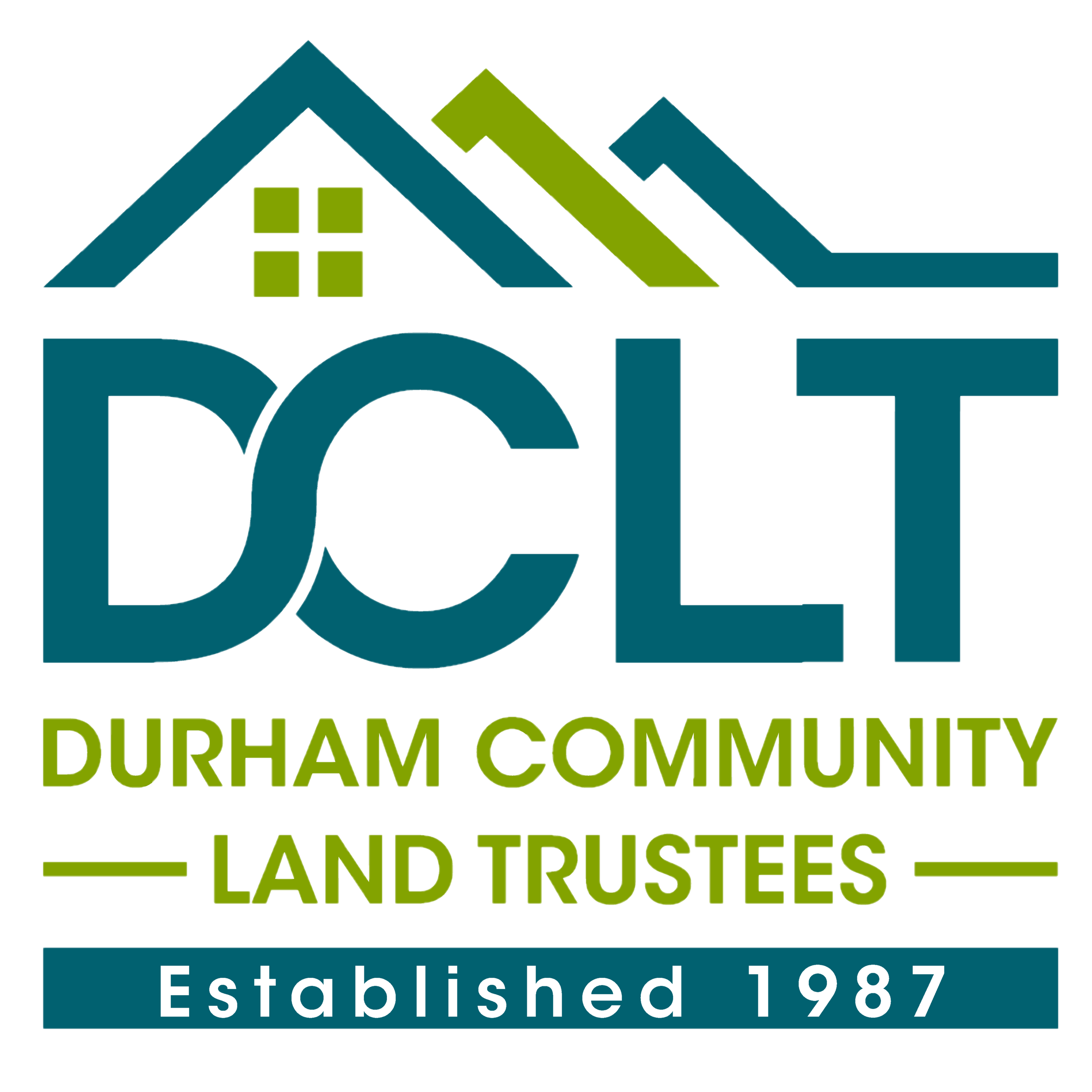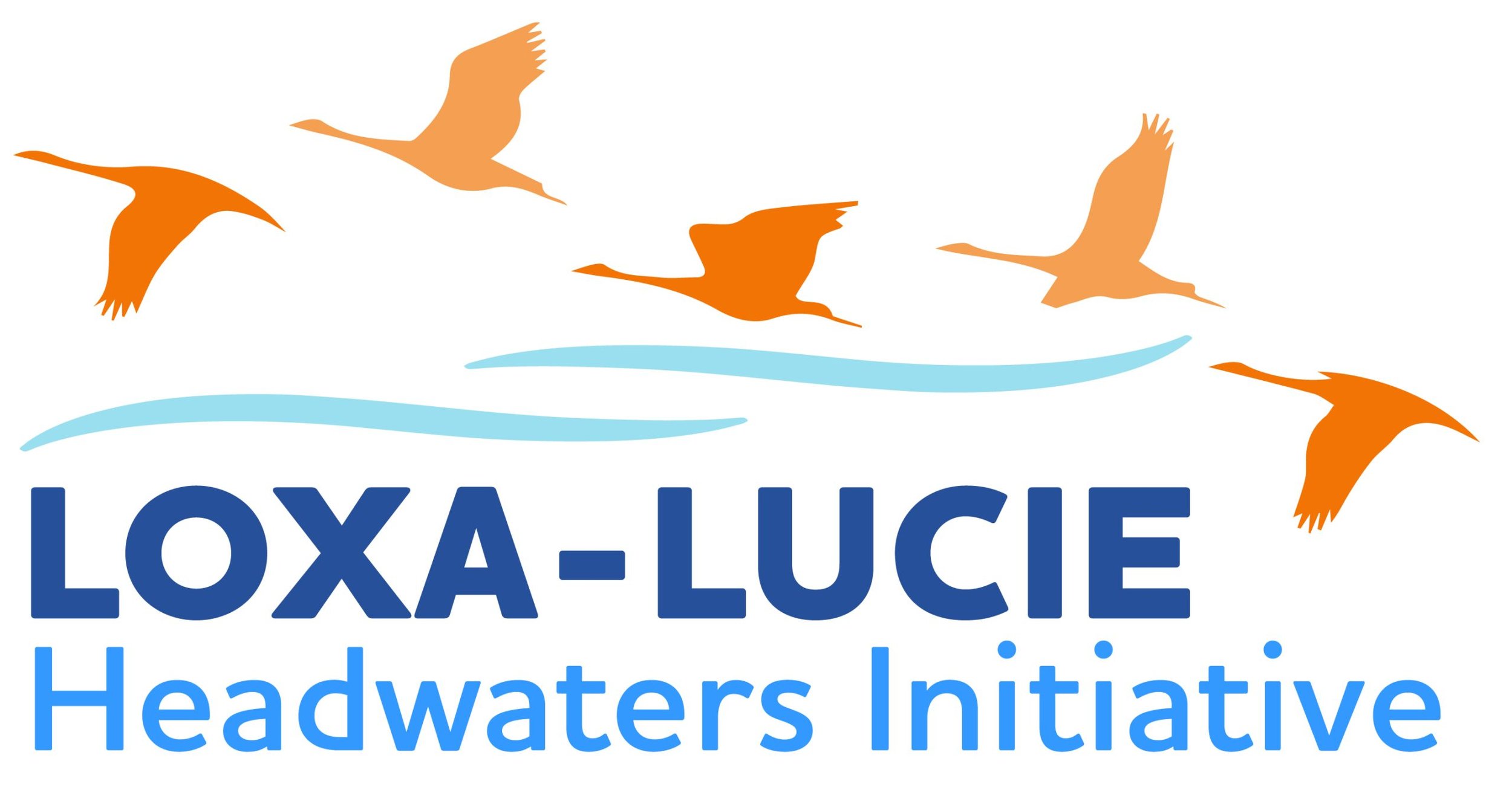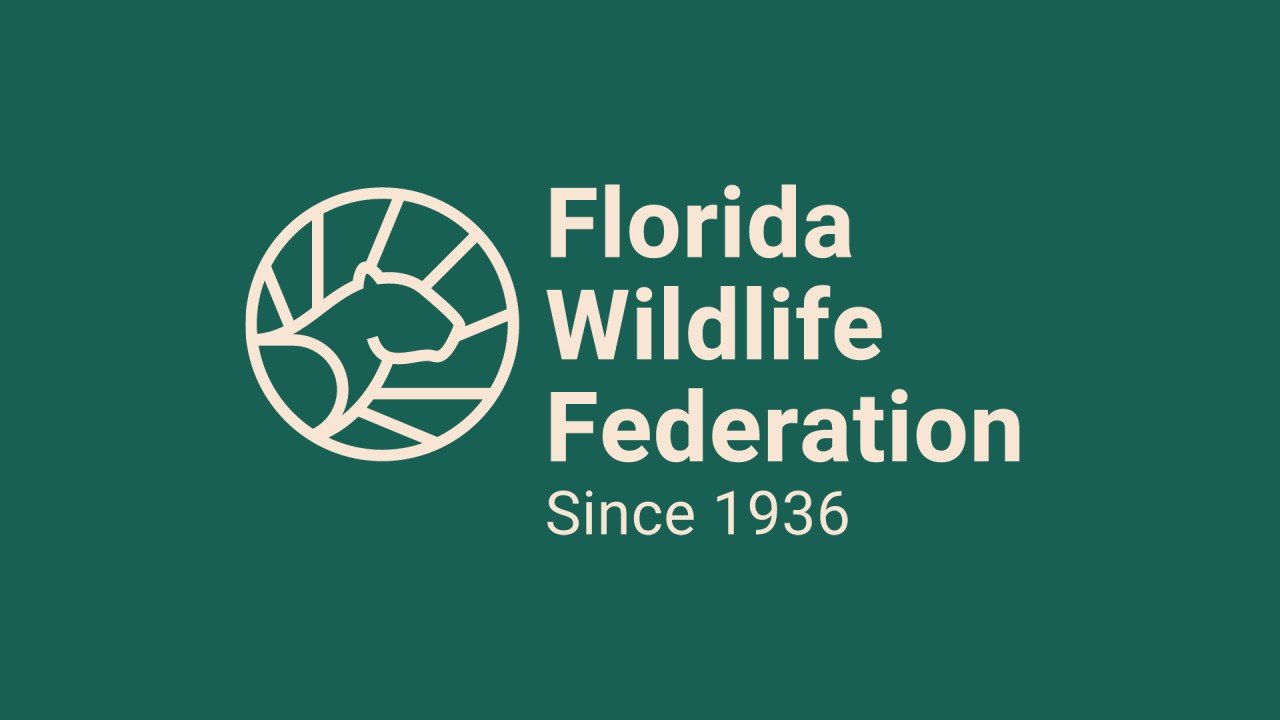We help organizations transform ambition into action — establishing the culture, systems, and strategy that drive innovation.
Innovation Resources GroupOur clients face critical challenges.
IRG supports them with a proven innovation framework and decades of hands on experience.

Transform Insight into Impact
Innovation Activation
Our Innovation Activation services help organizations spark and scale innovation from within. We launch company-wide Innovation Challenges to surface bold ideas, host dynamic Innovation Summits that bring leadership and innovators together, and deliver immersive Innovation Jumpstart programs that equip employees with tools, coaching, and collaborative experience. Together, these experiences build a culture of innovation for clients while driving actionable outcomes across their businesses.
Data Visualization
At IRG, we harness the power of data visualization to transform complex data into compelling and actionable insights. By employing cutting-edge tools, we create dynamic, interactive representations that help our clients easily grasp trends, patterns, and relationships within the data. This enables informed decision-making and drives effective strategies, ultimately empowering our clients to achieve their goals.
AI Acceleration
IRG’s transforms AI from a buzzword into a strategic asset by helping clients establish governance, organizational structure, and the right teams and technology. We craft clear policies, assemble cross‑functional teams, and pinpoint high‑impact use cases through our readiness framework. By setting weighted success criteria and iterating with real‑time ROI tracking, we ensure AI drives productivity, profitability, and lasting competitive advantage.
Decision Support
Our team identify areas of high value, areas of potential conflict, and areas where mitigation and restoration efforts are needed. We do this by measuring the costs and benefits of different land management strategies on ecosystem services, such as water quality, biodiversity, timber, recreation, and carbon sequestration.
Driving meaningful change across systems, teams, and strategy.
Our Clients














Our Team
-
Principal | Chapel Hill, NC
Will is a seasoned professional with more than twenty five years experience in data analysis, land suitability assessment, conservation planning, environmental stewardship, structured decision making, and climate solutions. Will’s mission is to envision, design, and implement solutions that work at the nexus of sustainable infrastructure, renewable energy, environmentally responsible development, climate mitigation, natural resource management, and corporate responsibility.
Will has been involved with environmentally responsible infrastructure and environmental mitigation projects for over 15 years. Will led a team that identified conservation priorities and recommended mitigation and environmental stewardship packages for the NiSource Multiple Species Habitat Conservation Plan (MSHCP), the Midwest Wind Energy MSHCP, and the Williams-Transco Atlantic Sunrise Pipeline. Will co-led a Strategic Opportunity Assessment that integrated State Wildlife Actions Plans, climate change adaptation science, and sensitive alternative energy site design to identify land conservation acquisition priorities in the Midwest US. Will also served on the Environmental Work Group of the Eastern Interconnection States' Planning Council, which advised on the development of the siting and avoidance/minimization tool now known as the Geospatial Energy Mapper (GEM). Will served as a co-author on the Indiana Bat Range-wide In Lieu Fee Program proposal and prospectus for state transportation agencies and provided structured decision-making tools for the Wildlife Habitat Council’s Corporate Conservation Certification program.
Will is the co-author of the Cambridge University Press book The Science of Strategic Conservation: Protecting More with Less with Dr. Kent Messer, which explores the ways practitioners can utilize an array of proven scientific and mathematical tools to optimize resource benefits with limited financial resources. Will serves as a fellow at the Center for Behavioral and Experimental Agri-Environmental Research at the University of Delaware, served as co-editor-in-chief and managing editor of the Journal of Conservation Planning with Dr. Paul Zwick at the University of Florida, and was a co-founder of the Society for Conservation GIS with Charles Convis at Esri. Will and his team have received planning and mapping awards from Esri, multiple American Planning Association chapters, the American Society of Landscape Architects, and the Friends of the Chicago River.
Will and his co-authors have published in peer reviewed publications such as Landscape & Urban Planning, Ecological Informatics, Environmental Practice, Ecological Economics, BIOECON, and the Journal of Soil & Water Conservation. Will provides periodic thought leadership articles at TheNatureofCities.com and ConservationFund.org and has presented at events and institutions such as Climate Xchange, Duke University Nicholas School of the Environment, University of North Carolina-Chapel Hill, Chicago Wilderness, Rocky Mountain Land Use Institute, Lincoln Institute of Land Policy, Land Trust Alliance, and Esri.
Will also served as the Senior Vice President of Strategic Giving & Conservation Services at The Conservation Fund where he oversees strategic fundraising initiatives (Great American Outdoors Council, Military Readiness Fund), mission-driven program initiatives (Freshwater Institute, Resourceful Communities, Parks with Purpose, Balancing Nature & Commerce), and an initiative to support the South Atlantic Salt Marsh Initiative. Will formerly served as the Fund’s director of enterprise geospatial services and as an instructor for green infrastructure and conservation GIS training courses at the National Conservation Training Center in Shepherdstown, WV.
Will earned a Bachelor of Arts in Urban Studies from Stanford University, and a Masters in City and Regional Planning from the University of North Carolina-Chapel Hill.
-
Principal | Richmond, VA
Jamie has more than twenty-five years of experience leading projects and teams focused on delivering measurable outcomes at the intersection of spatial data, innovations in technology, and environmental management. His work crosses nearly every discipline and industry, leading enterprise projects for organizations like the Nature Conservancy, Gannett Fleming Transystems, the U.S. Air Force, the Virginia Department of Transportation, NASA, and Dominion Energy.
Jamie started his career as a geospatial data and software specialist for the USDA Forest Service, the Conservation Fund, and GeoDecisions. In 2000, he founded WorldView Solutions, a geospatial consulting and software firm acquired by Gannett Fleming in 2018. In 2016, he co-founded the technology startup Outdoor Access, a platform using geospatial technology to give outdoor enthusiasts exclusive short-term access to private land for hunting, fishing, hiking, and camping while helping landowners earn additional income from their land.
Jamie earned a Bachelor of Arts, with Honors, from the College of Wooster, and a Masters in Environmental Management, with Honors, from Duke University.





